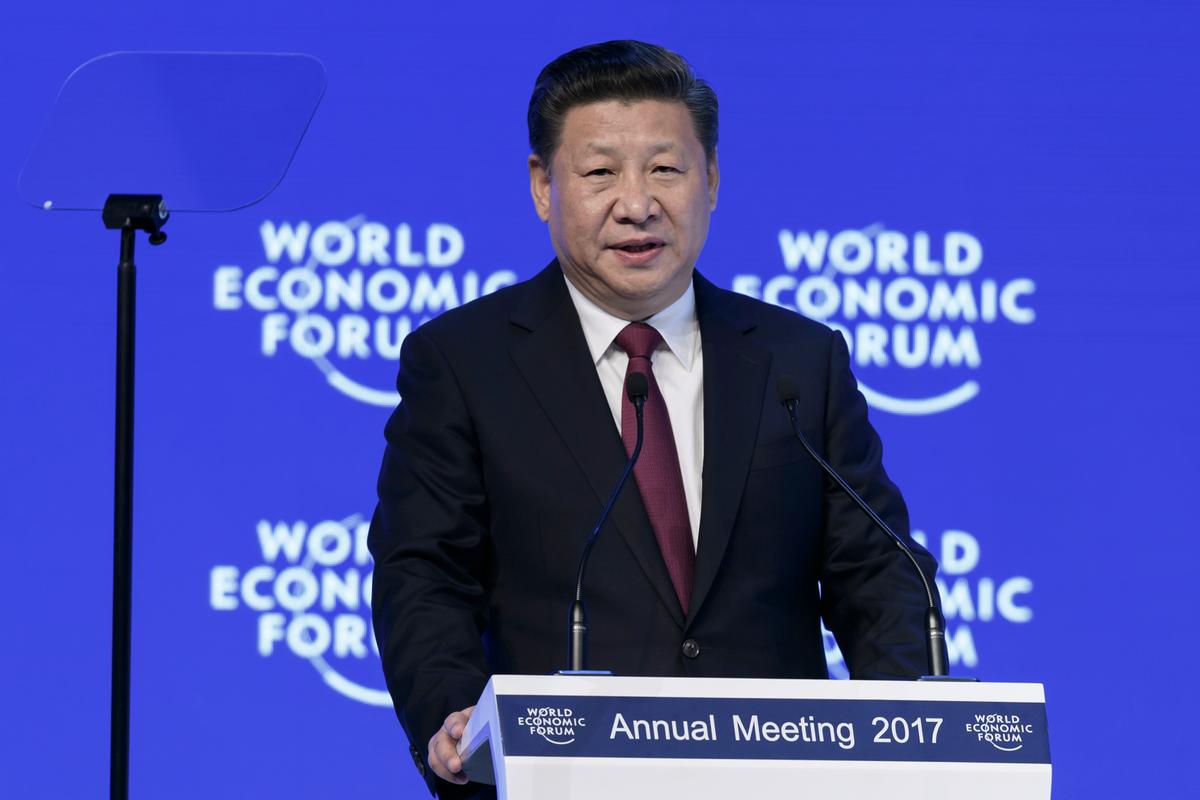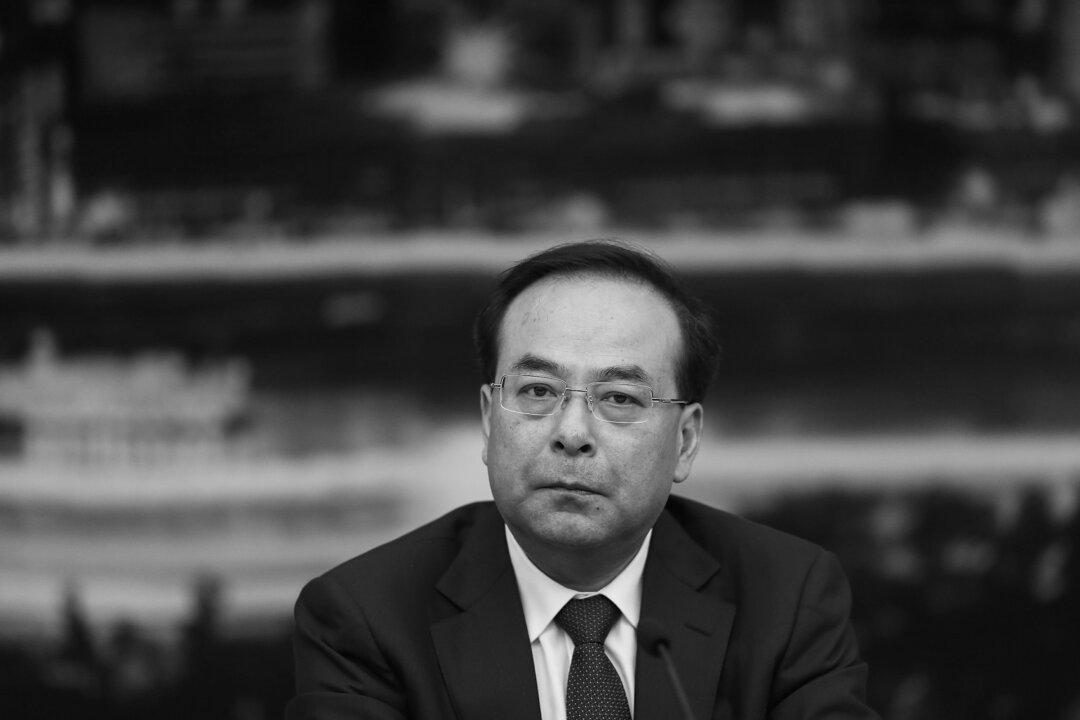Holding the corner of a banner under the intense midday sun on a 100-plus-degree day, Chinese-American medical scientist and Falun Gong practitioner Hu Zongyi shared his understanding of where the Xi Jinping leadership might be headed on the Falun Gong issue.
“[Xi] doesn’t necessarily have any intention to persecute Falun Gong,” said the middle-aged scientist, speaking before the start of a parade in Washington commemorating the 18th anniversary of the beginning of the persecution of Falun Gong in China.
“If those officials, who have blood on their hands, are cleaned out, it will be easier for Xi to end this,” Hu added. “If he really wants to resolve this problem, well, doesn’t he talk about reviving traditional Chinese culture? If he thinks he needs to disband the Communist Party in order to end the persecution, he can take this step first, or do both at the same time.”
Hu’s assessment might seem overly optimistic in light of the continued suppression in China. The website Minghui.org, which serves as a clearinghouse for information about the persecution of Falun Gong, identified nearly 400 practitioners who were sentenced to prison between January to May this year. On July 11, Yang Yuyong, one of about 20 practitioners from Tianjin who were arrested as part of a local security effort, died in a hospital seemingly from the injuries he sustained from torture and abuse, according to Minghui.





